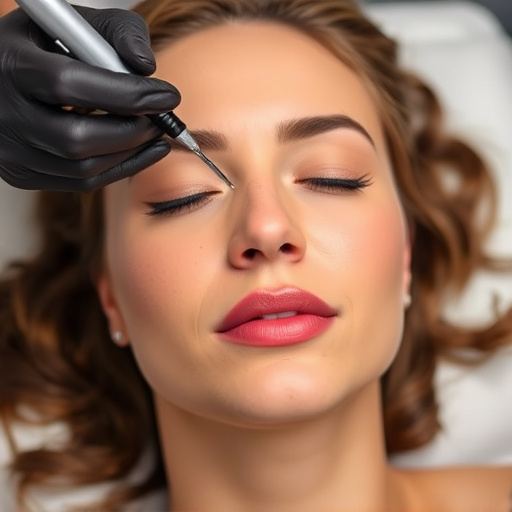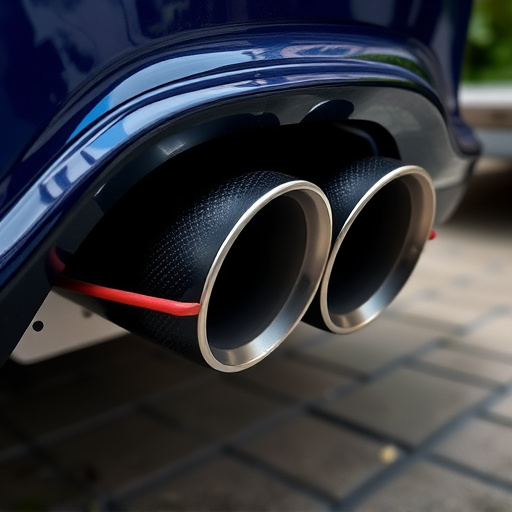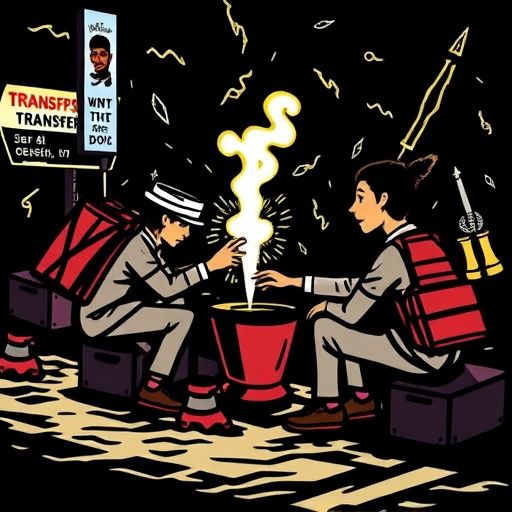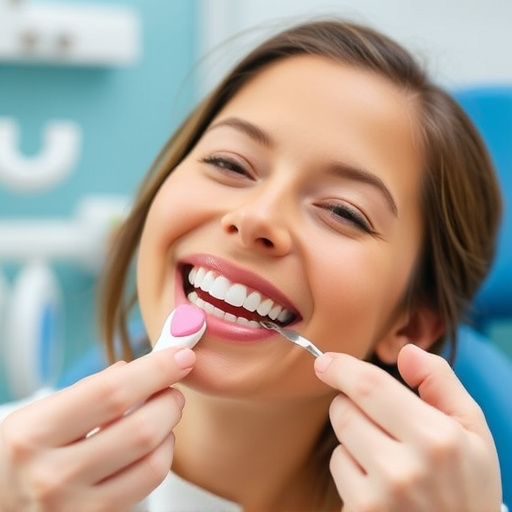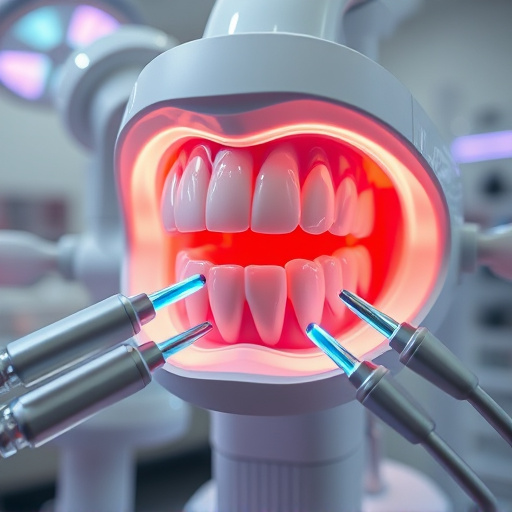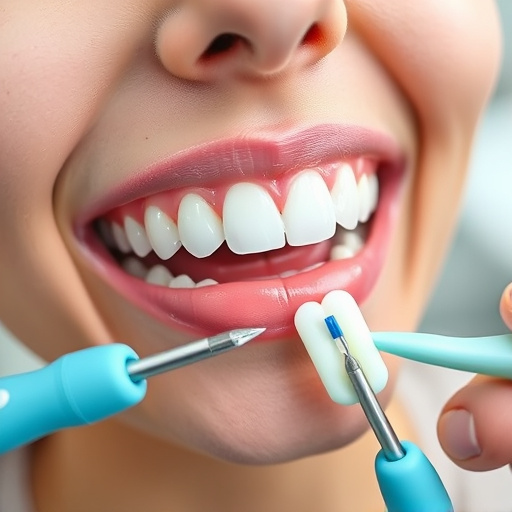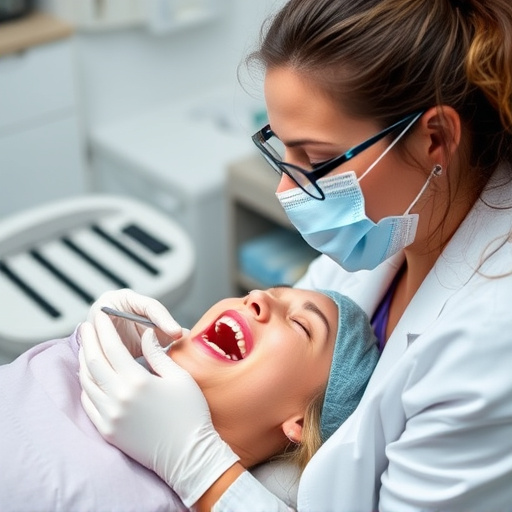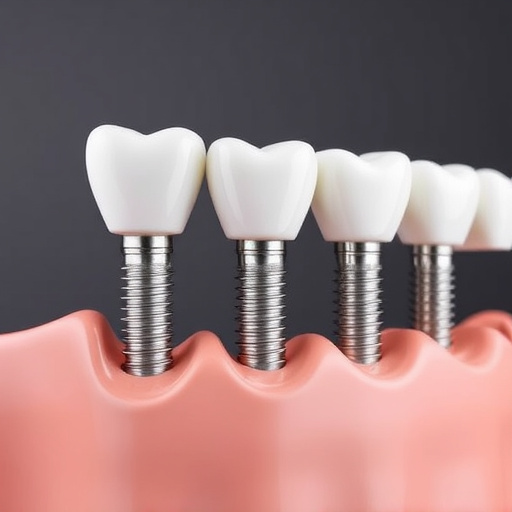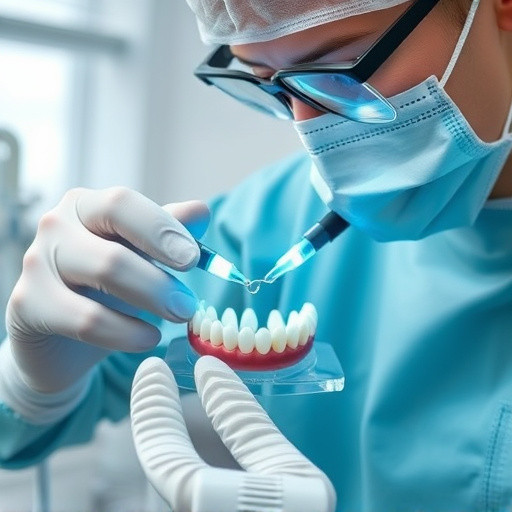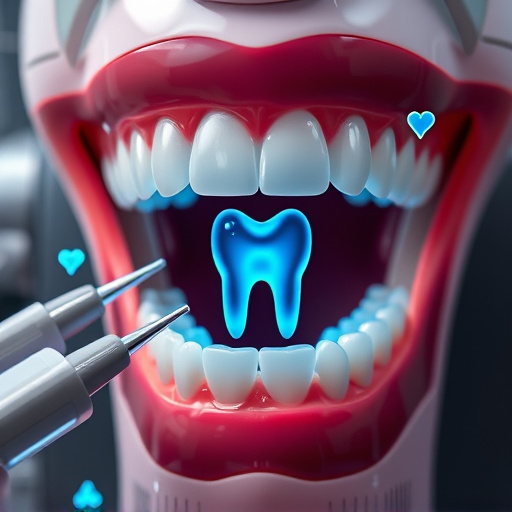Broken or chipped teeth require immediate dental attention to prevent further damage or infection. Minor fractures can often be treated with simple procedures like bonding or filling, while more severe cracks may need a root canal. Regular preventive dental care, including checkups and cleanings, is crucial for identifying potential issues early, thereby reducing the risk of such emergencies. Proper oral hygiene practices and routine visits to a general dentistry practice are key components of preventive dental care.
Broken or chipped teeth are dental emergencies that require prompt attention. This article guides you through understanding common causes, taking immediate action, and exploring effective treatment options at emergency dental care facilities. From severe fractures to minor chipping, quick intervention can preserve tooth structure and prevent further damage. Additionally, we delve into essential preventive dental care measures to safeguard your teeth from such injuries, emphasizing routine check-ups, proper oral hygiene, and protective gear during high-risk activities.
- Understanding Broken or Chipped Teeth: Common Causes and Immediate Action
- Emergency Dental Care: Quick and Effective Treatment Options
- Preventive Measures: Caring for Your Teeth to Avoid Damage
Understanding Broken or Chipped Teeth: Common Causes and Immediate Action
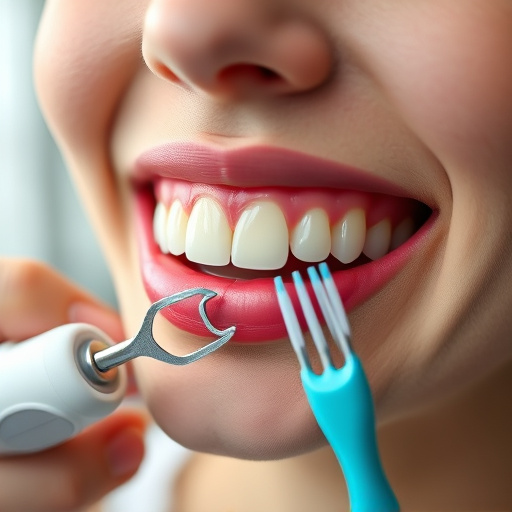
Broken or chipped teeth are common dental emergencies that require prompt attention. These issues can arise from various causes, including traumatic injuries, accidental falls, sports-related incidents, or even decay and weak tooth structure. When a tooth chips or breaks, it’s crucial to act swiftly as neglecting immediate care may lead to further damage or infection.
Immediate action involves contacting your general dentistry practice for emergency dental care. In many cases, minor fractures can be repaired with simple procedures like bonding or filling. For more severe cracks, a root canal might be needed to prevent infection and save the tooth. Even if a tooth is completely avulsed (knocked out), prompt re-implantation by an emergency dentist can significantly improve the chances of long-term survival and function. Regular preventive dental care, including checkups and cleanings, can also help identify potential issues early on, reducing the risk of such emergencies.
Emergency Dental Care: Quick and Effective Treatment Options
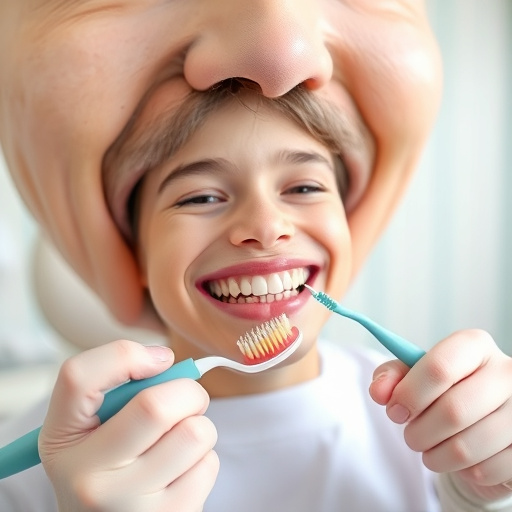
When it comes to broken or chipped teeth, timely action is crucial. That’s where emergency dental care steps in as a lifeline. These specialized services are designed to provide quick and effective treatment options, ensuring that your oral health doesn’t take a hit due to unforeseen incidents. From minor chips to severe fractures, emergency dentists are equipped to handle a range of dental emergencies.
Beyond addressing immediate pain and infection risks, these care facilities often offer preventive dental care measures as well. Routine oral exams, for instance, can help identify potential issues early on, preventing them from escalating. General dentistry services, including tooth extractions when necessary, are also part of the comprehensive care package. This dual focus—on urgent treatment and preventive maintenance—makes emergency dental care a valuable resource in maintaining optimal oral health.
Preventive Measures: Caring for Your Teeth to Avoid Damage
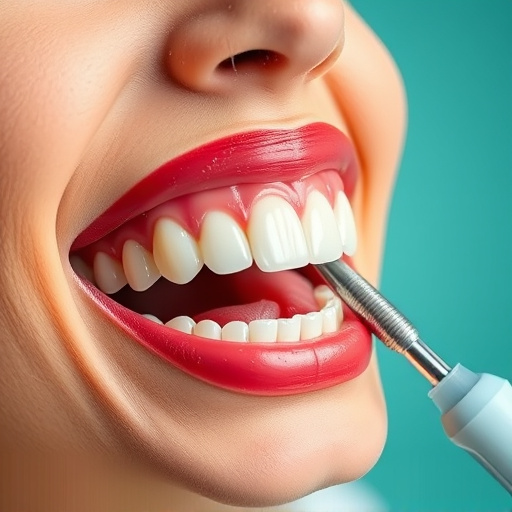
Caring for your teeth properly is a crucial aspect of preventive dental care, designed to keep your mouth healthy and avoid damage. Regular brushing and flossing are fundamental practices that remove plaque buildup, a sticky film of bacteria that can erode tooth enamel and lead to chips or breaks. A balanced diet rich in calcium, phosphorus, and vitamin D also contributes to strong teeth, as these nutrients play vital roles in bone health and mineralization. Additionally, limiting sugary and acidic foods and drinks can significantly reduce the risk of decay, which often requires emergency dental care to repair.
Beyond these basics, routine visits to your general dentistry practice are essential for preventive measures. During checkups, dentists can identify potential issues early on and provide treatments such as cosmetic fillings or even discuss options like dental implants for more significant damage. Incorporating these preventive dental care practices into your daily routine is a proactive step towards maintaining oral health and avoiding the need for emergency treatment due to broken or chipped teeth.
Broken or chipped teeth can be painful and unsettling, but accessing emergency dental care allows for quick, effective treatments. By understanding common causes and taking immediate action, you can prevent further damage. Regular preventive dental care is key in safeguarding your smile, so prioritize oral hygiene, maintain a balanced diet, and don’t hesitate to consult a dental professional for regular checkups and advice on caring for your teeth.


